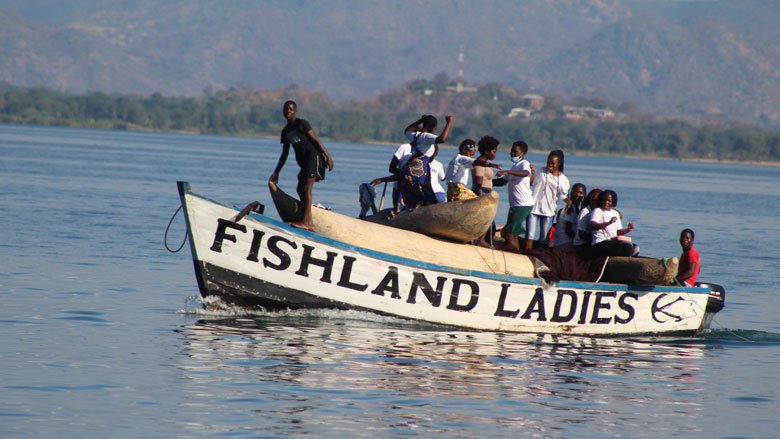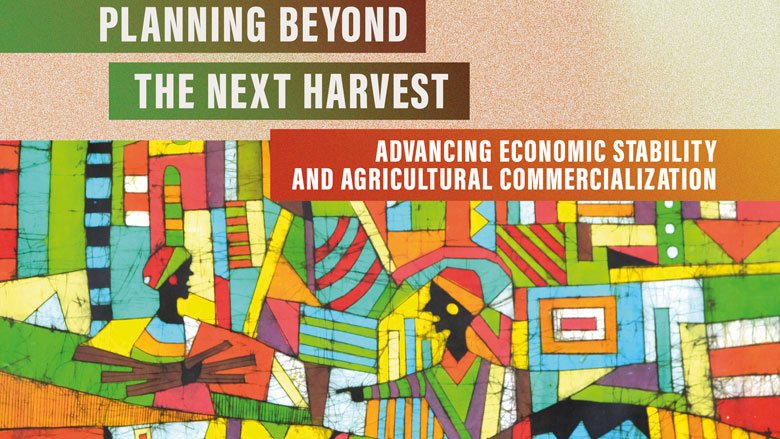LILONGWE, December 14, 2022 - Before sunrise, multitudes of people pour out of their clustered homes, lodges, and fish-drying racks to buy fish from Lake Malawi, one of Africa’s largest freshwater lakes containing almost 1,000 species of fish.
Msaka is a busy beach in Mangochi, on the southern tip of Lake Malawi, where you are likely to be surprised to see a group of young women offloading fish from a boat branded “Fishland Ladies.” Dorah Chinangwa, 25, leads the young women’s group, which has confronted a male-dominated fishing culture and formed a cooperative, Fishland Ladies, in their quest to escape from poverty and unemployment.
“We started our group in 2018 with only 10 of us putting together our meagre savings, and then we gave each other soft loans for small businesses,” says Chinangwa. “Later, after realizing that fishing is big business, we started a collective venture on fishing. We felt sad that many young women in our community were getting unplanned pregnancies and sexually transmitted infections, including HIV, because they had nothing to do,” she says.
However, for two years, the business wasn’t profitable. All their jostling wasn’t worth it because of the small savings they had. But after accessing a matching grant from the government’s Agriculture Commercialization Project, AGCOM, Fishland Ladies now has a boat for easy access into the lake and fish, and a solar drier for improving the quality of their product. It is linked to an off-taker who packages their catch for sale in supermarkets. They are now flourishing in this business.
Backing agricultural transformation
The 16th Edition of the World Bank’s Malawi Economic Monitor (MEM) recognizes the need to transform Malawi’s agricultural sector into a more viable industry. “The current structure of household agricultural production in Malawi offers no pathway to sustained poverty reduction for many, if not most, farming households. This in turn informs the focus on the potential of agricultural commercialization to transform the rural economy,” says the MEM.
Fishland Ladies is one example of a cooperative that has benefitted from the rural commercialization concept, among the many cooperatives targeted by Malawi’s Agricultural Commercialization Project, AGCOM, which has received $95 million in backing from the World Bank since 2017 The cooperative received a K30.5 million (about $30,500) matching grant, after making a 30% contribution of the total sum it requested as mark of its commitment to transform their start-up into a viable business.


